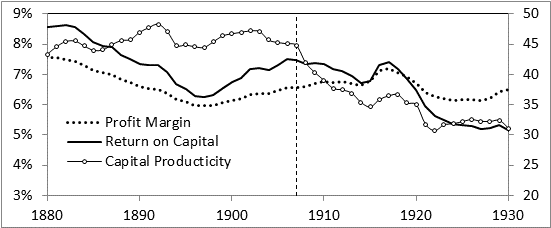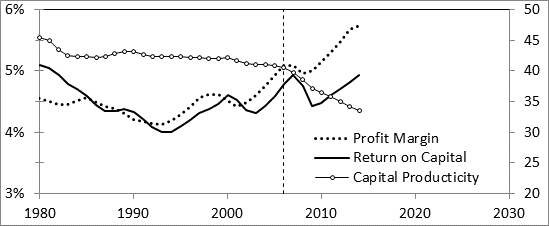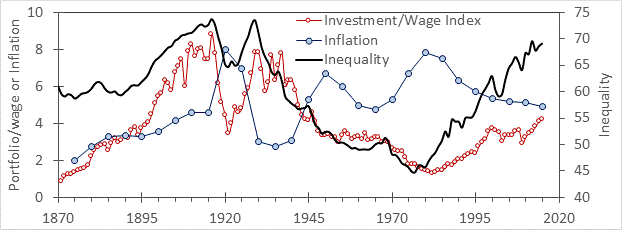

Originally Posted by
Mikebert

... Two of the dashed lines in the figure correspond to 4T critical elections, which feature the beginning of a period when one party controls the presidency for 3 or more consecutive terms. If Clinton wins in 2016 this would make 2008 a critical election and a good candidate for the next dashed line. The problem with this is inequality has continued to rise after 2008. People supposedly are unhappy, but there is little major unrest (nothing like 1919 or 1968) there is little interest in political activity amongst the young (in the past a key fact in internal unrest).
There are Millies here. Are you content? If not, why is there no evidence of this that I can see? If it is hard to see for the uninitiated, how is that going to be effective?
This is pure speculation, but who should the Millies rally to support or oppose? They backed BHO solidly, and got nothing for it. Other than an old white guy from the backwoods, no one seems to be interested in fixing the problems, and, frankly, I doubt the Millies believe that Bernie's ideas have solid merit in any case.
Millies believe in technology and some variant of the brotherhood of man. Yet they are also cynical. How does this lead to anything productive?
Marx: Politics is the art of looking for trouble, finding it everywhere, diagnosing it incorrectly and applying the wrong remedies.
Lennon: You either get tired fighting for peace, or you die.





